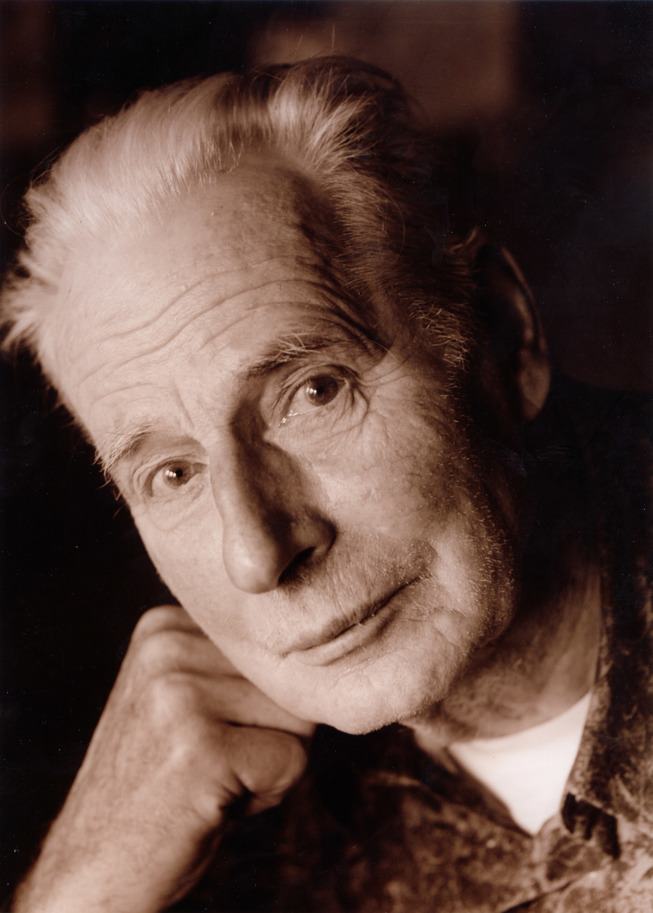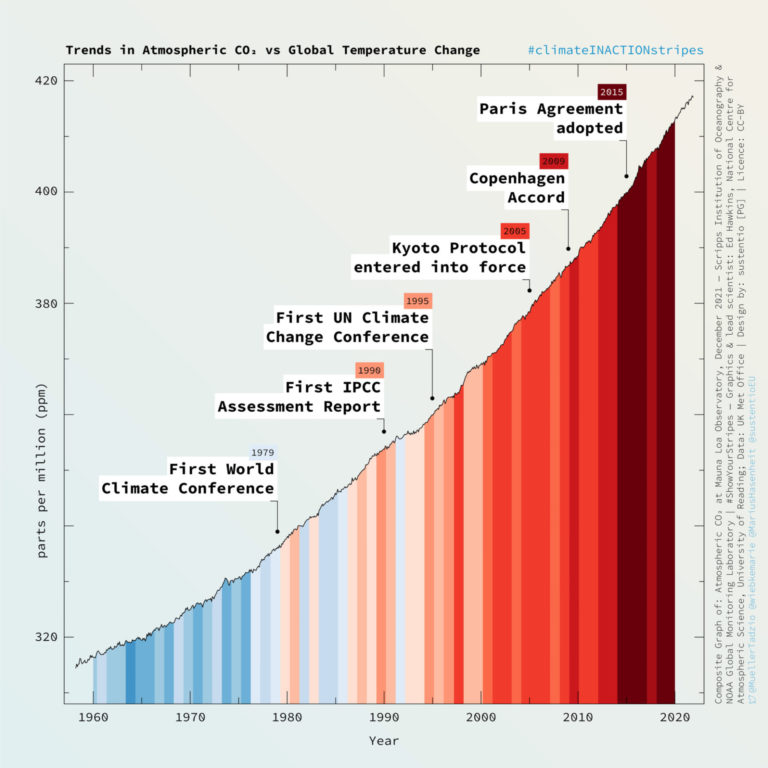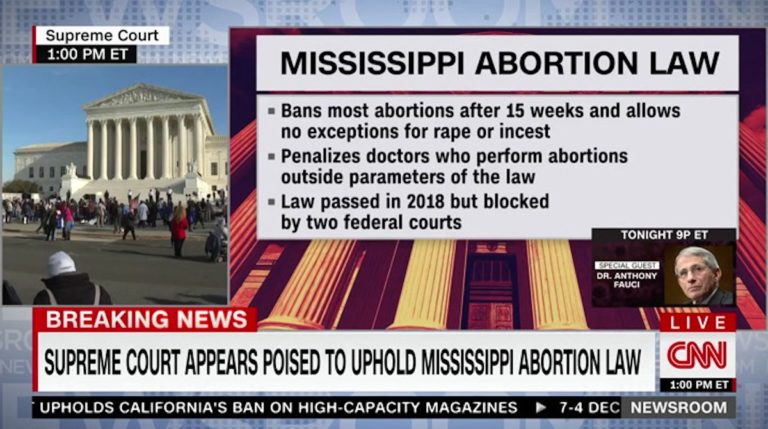
ARNE NÆSS (1912 – 2009)
Interview by Tor Bjarne Christensen, journalist, Friends of the Earth Norway (Norges Naturvernforbund)
Good hope for humanity
– The problem is not a lack of knowledge about environmental problems. We have a good brain, we are not evil, and at birth, we are not so miserable at all. So, there is good hope for humanity. This is what the philosopher Arne Næss said in an interview with the undersigned in January 2001. To honor one of our greatest thinkers – and to the delight of our readers – it is being republished.
– I once came upon two lions, in Kenya. I was on my way back to camp and walked fast, straight ahead. When I looked up, I saw the lions. They were staring straight at me, not far away. What was I supposed to do? I kept going, towards them, ever slower. Stopped. And turned around. Slowly. Then I went back very slowly the way I came from. The lions just looked at me and did nothing. When I finally dared to turn around, they were heading in another direction. But what was this an example of? Why did we come to talk about this?
Arne Næss looks at me questioningly, and I am reminded that it is a very old man sitting on the other side of the table. Yet age has not taken away from him the vitality or the ability to articulate. Nor his “madness.” Before I said goodbye to him, the 89-year-old had to both start boxing and arm-wrestle with me.
– We talked about the basic attitude towards nature. You told me about the lions. Does it say anything about how we should relate to nature?
– Yes, it’s about basic respect. If there is a small animal in the direction you are walking in, then you walk around nicely. Every living being has intrinsic value. It can also be said like this: It makes sense to do something for its own sake. There’s something there that makes us call it living. And it wants to continue living. It does not take much for children to understand that. I got it in by wading in an unusually clean fjord in Western Norway, where I became good friends with the flounders. I walked carefully towards them – and then they swam. When I stopped, they turned and came back to seek refuge under the soles of my feet. All coves are now polluted, more or less. Today we do not have the clean water I had when I was a child.
– What thoughts do you have about the human tendency to pollute their own environment?
– We have become accustomed to changing nature as if we were divine. In a poor country, where people are completely dependent on nature, they see the effects immediately. There they are more careful. In Norway, with all the oil and gas we have, we notice the damage much later than any other country. We can only continue, without seeing the consequences.
– You have devoted much of your time to thinking. Has society become too preoccupied with technology, science, and reason and too little preoccupied with philosophy?
– We are not too preoccupied with reason, but with what you could call “imagined sense”. In a deeper sense, reasoning is a big plus. But much of what is called reason does not make sense at all. Now we, children and adults, are overwhelmed by parents and others who say, “It does not make sense to do so! You have to be more sensible!” And then it is very often about common sense. Letting children do things that are unreasonable for us adults is extremely important.
When my grandson was twenty years old, he and a couple of friends came to me and said, “We want to go and look for Yeti.” Fortunately, I reacted fairly quickly and said thoughtfully, “That sounds reasonable.” Most so-called sensible adults would probably think it was crazy. These 20-year-olds needed no comfort, they traveled terribly cheaply, and they explored an idea. I thought that was fabulous. Then they left for Tibet – and did not find it. But they did not repent. “Yes, we would like to try another time,” they said when they returned home. They had had a terrific experience!
– You call reason a plus word, but what about the reason that makes us pursue a development that goes beyond the limits of nature?
– Yes … It … You have not received a decent upbringing. You think you are a master and go forward as you wish. Upbringing is extremely important. It is the lack of upbringing among the grown-ups that have made us come so far in destroying the planet. I think people no longer have time to go for a little walk very slowly with children. Then you should not just point to, but bend down completely and show them an ant, for example. Then even small children will bend all the way down. In bending all the way down, there is a respect, a deep respect for what is alive.
If you see a viper, the adults often say: “We have to kill it – there are children around here – we can not have a viper as well.” Instead, one could gently walk towards it, point, and say: “That viper thinks you will hurt it if you get too close – and then it will bite you. Beware where you are going – and remember that the worm belongs here. It was here before you came. It’s nice if it can still be allowed to be here. But then you have to be careful not to get too close. “
– Modern man feels that he is getting ever less time. Is it a self-deception?
– Yes, it probably is. My advice is the following: Take a deep breath three times and ask if there is any meaning in what you are doing at the moment. And then you can stop and wonder. Even seemingly uninteresting places are a source of joy. I remember sitting in a terrible traffic jam in Tokyo. Right next to the queue was an undeveloped spot. I decided to explore the place and was walking and looking at plants and various small insects for a couple of hours. It attracted attention. The others said: “Look at the crazy man walking out there. He stares at something on the godforsaken plot. It was seen as ridiculous, but it does not take much to give people new perspectives. When someone came up to me, I said, “Look at that.” “Yes, it is a withered plant,” he replied. “That’s right, but it’s a living seed underground there. It’s a flower. You should not step everywhere. Even if it is rotten or withered, there is something alive a few centimeters below there. Isn’t that great?”
– So we have to wonder more …?
– Yes, wondering is fabulous. People should stop and wonder. Unfortunately, it is often only in acute crisis that one stops. There is room for much more wonder in our everyday lives, and especially in research. The deeper you get into the so-called science, the more you should wonder. Science is always preliminary. It gives no definitive answer, although some believe so. It applies to any science. There is a connection in everything – a connection we do not understand. It should make us both amazed and humble.
– How should humans adapt to meet the environmental problems we have?
– In Norway, it is practically impossible to act ecologically. You have to give it up, otherwise, you cannot be part of society. But you can limit the damage. People under the age of thirty are far more aware of the destruction we are doing than the older generation. They have got it more into their blood.
– Are you optimistic about the future?
– Yes, when it comes to the long-term future, but not this century. This century will go by. If we get an extremely strong liberal world market, then we get ten times as much trade. Trade is like oatmeal. One serving is excellent. Two servings are ok. But then it becomes too much. Trade has a negative starting point. By definition, trading means that you constantly want something that you do not have. One could imagine the following passiar between two spouses: “Can we go shopping?” “No, we have everything.” “Do we have everything, then?” “Yes, we have everything.” Yes – you have everything if you have the motto: Rich life with simple means. Not frugality. Absolutely no frugality. No, no. Rich life, but simple means!
– Critical voices claim that the globalization of the world economy makes the desire for profit the only philosophy. What do you think about that?
– It can be argued against such a claim, and many sensible articles have been written that say that it does not have to be this way. Theoretically, I completely agree with that, but in practice, I believe that the economy will be a terrible driving force that means that in this century we cannot come to an improvement in ecological conditions.
– Does it have to go really wrong, do we need ecological crises before we understand that we have to reverse the trend?
– No, it must not be like that, and we will try everything we can to avoid it, but we are moving in this direction. Then I do not mean that there will be a huge disaster – and especially not for Norway, but minor crises that make one realize that this must end. We have a brain of such a caliber that it must be seen as childish that we behave the way we do. In order to continue to destroy nature, we must necessarily say no to the information available. The problem is not a lack of knowledge about environmental problems. We have a good brain. We are not evil. And at birth, we are not so miserable at all. So there is a good hope. The right development is within reach.
But we are all sinners, myself included, of course. I have a lot on my conscience. Everyone does ecological nonsense that is not really important – and we should stop. Then it is even the case that there are ecological stupidities that are terribly important to us, and then I use the following image: The earth goddess says: “Well, keep at it, but remember that there are limits.” She then gives us an annual budget for organic sins. Then it is important that there is something left of the budget in December, says Arne Næss.
He takes a break – and continues:
– I have usually spent my share some time in April or May. And it’s not bad at all, he says with a smile.
Norwegian philosopher who coined the term “deep ecology“, an important intellectual and inspirational figure within the environmental movement of the late twentieth century, and a prolific writer on many other philosophical issues.[7]
Næss combined his ecological vision with Gandhian nonviolence and on several occasions participated in direct action.
Arne Næss • Born January 27., 1912 - January 12. 2009, aged 96 years • Central thinker to the Norwegian environmental movement • Became professor of philosophy at the University of Oslo, 27 years old. Næss cited Rachel Carson's 1962 book Silent Spring as a key influence in his vision of "deep ecology" the philosophical direction based on the idea that all life has a value in itself. • Engaged in the fight against the development of hydropower, including the waterfall Mardøla • Received the Nordic Council's Nature and Environment Prize in 2002




39 Comments
Pingback: beer789
Pingback: buy arenal volcano mushrooms
Pingback: visit this web-site
Pingback: ข่าวบอล
Pingback: 웹툰 미리보기
Pingback: ครีมหม่องไพล
Pingback: DevOps Consultancy
Pingback: ร้านแว่น สุขุมวิท
Pingback: ที่พักพูลวิลล่าพัทยา
Pingback: บุหรี่นอก
Pingback: บริษัทรับสร้างบ้านเชียงใหม่
Pingback: University of Bilad Alrafidain
Pingback: best hotels in Europe
Pingback: ร้านต่อผม
Pingback: สมัครเดิมพันกับ LSM99DAY เล่นได้ครบ รองรับทุกอุปกรณ์
Pingback: sci/sci news/news sci/ science diyala
Pingback: เจาะลึก สูตรบาคาร่า ลงเล่นเกมไหนเข้าเกมนั้น
Pingback: สล็อตเกาหลี
Pingback: แนะนำ App ซื้อหวย ไว้ใจได้
Pingback: ทางเข้าpg
Pingback: กระดาษสติ๊กเกอร์ความร้อน
Pingback: สล็อตออนไลน์เกาหลี
Pingback: ufa789
Pingback: Diyala University in iraq
Pingback: คลินิกทันตกรรม ฉะเชิงเทรา ที่ไหนดี
Pingback: 1xbet
Pingback: pgslot168
Pingback: clash
Pingback: โคมไฟ
Pingback: winomania
Pingback: Steinway
Pingback: ศัลยกรรมตาสองชั้น
Pingback: hiso23
Pingback: ปริ้นสติกเกอร์
Pingback: zexpire
Pingback: พรมปูพื้นรถยนต์
Pingback: Buy at online shisha store blackSHISHA ✔ Huge catalog ✔ Low prices ✔ Fast worldwide delivery
Pingback: gra Chicken Road
Pingback: Betify fr